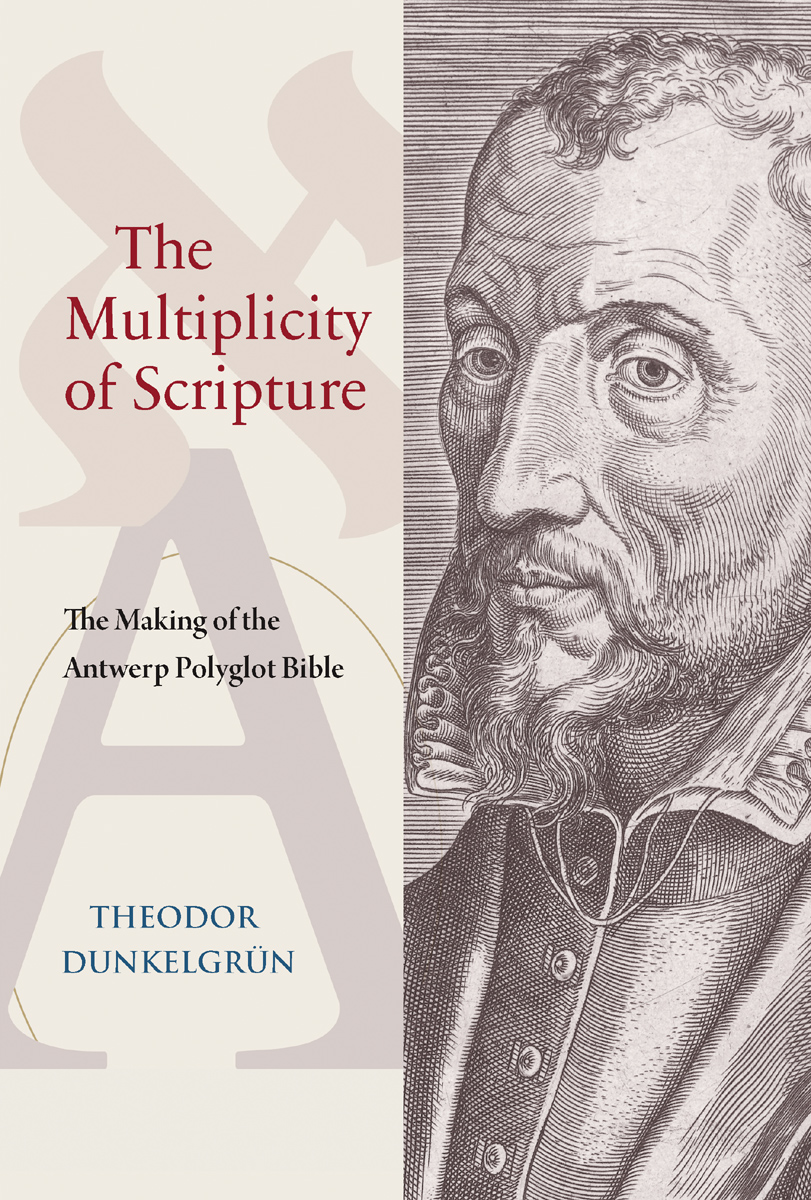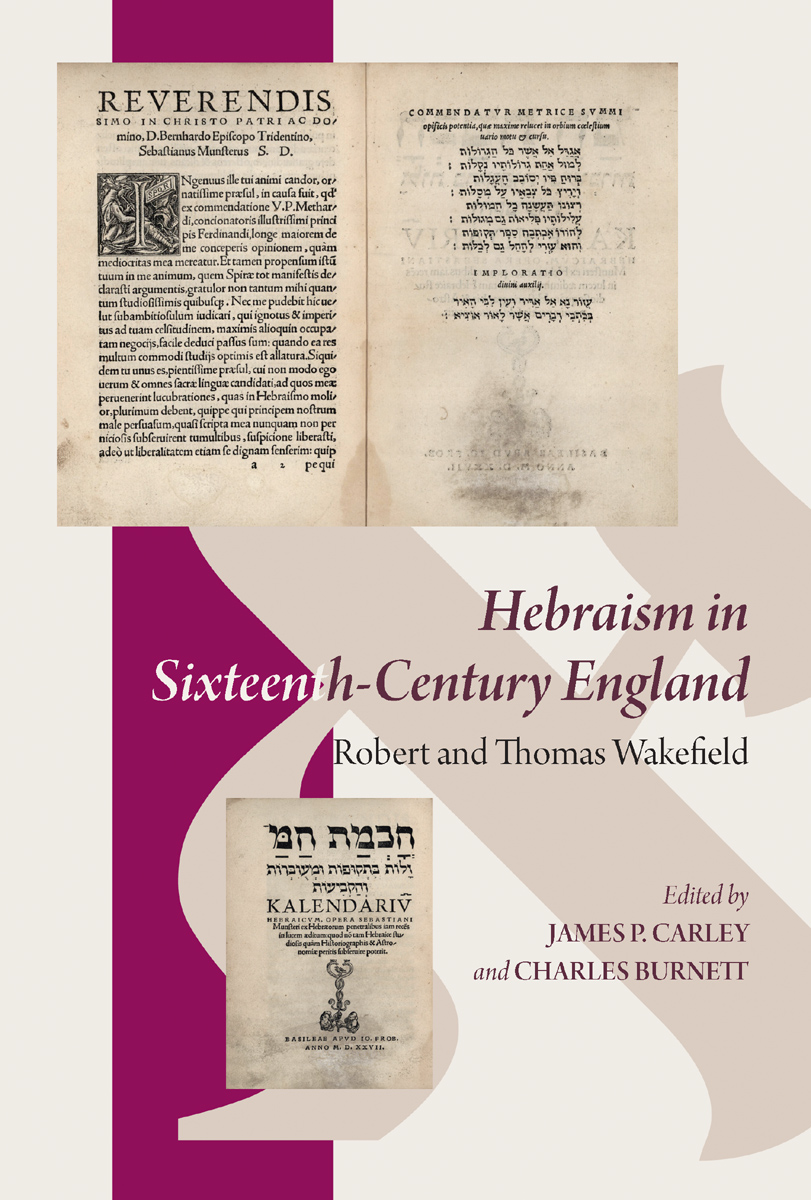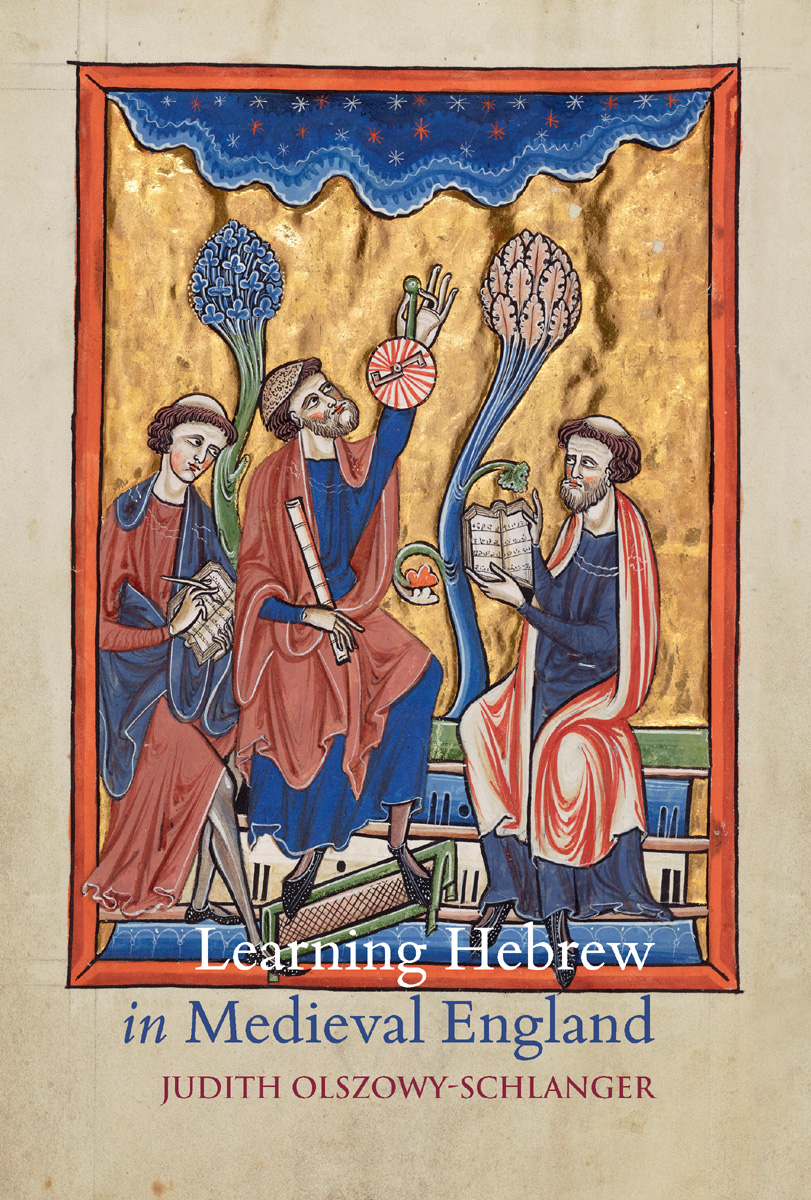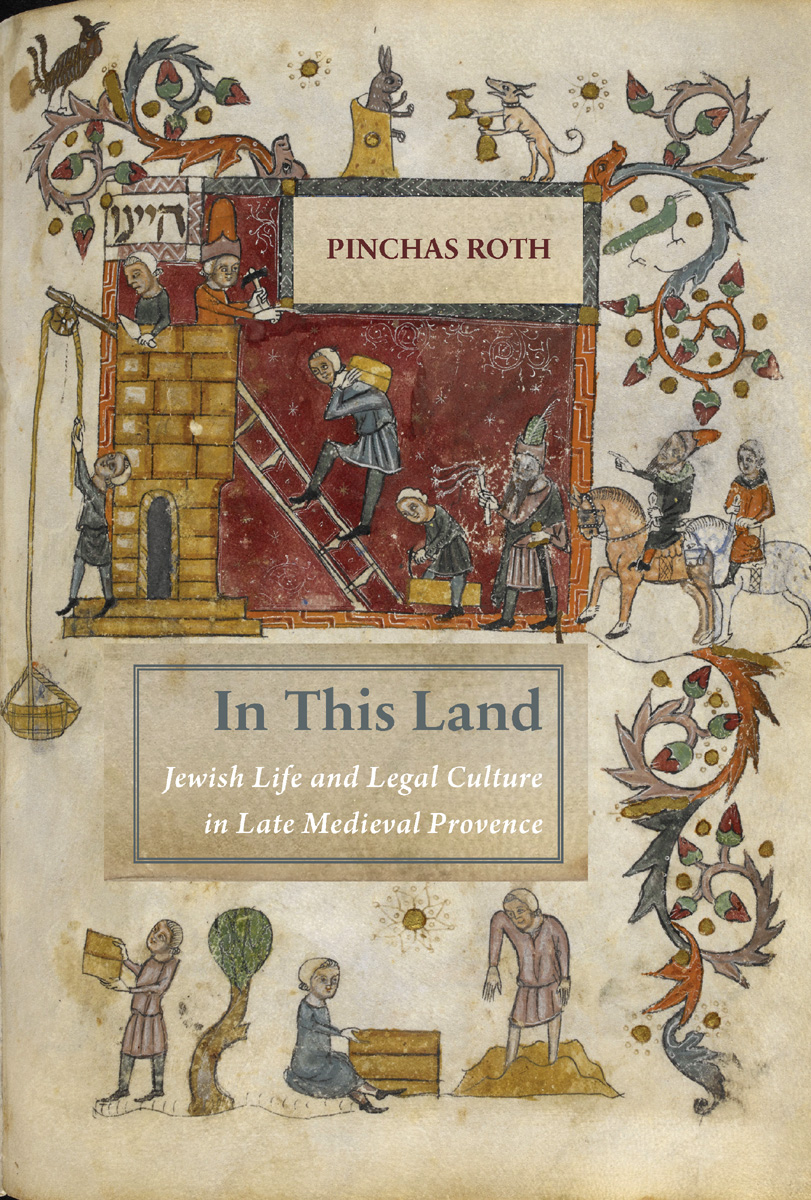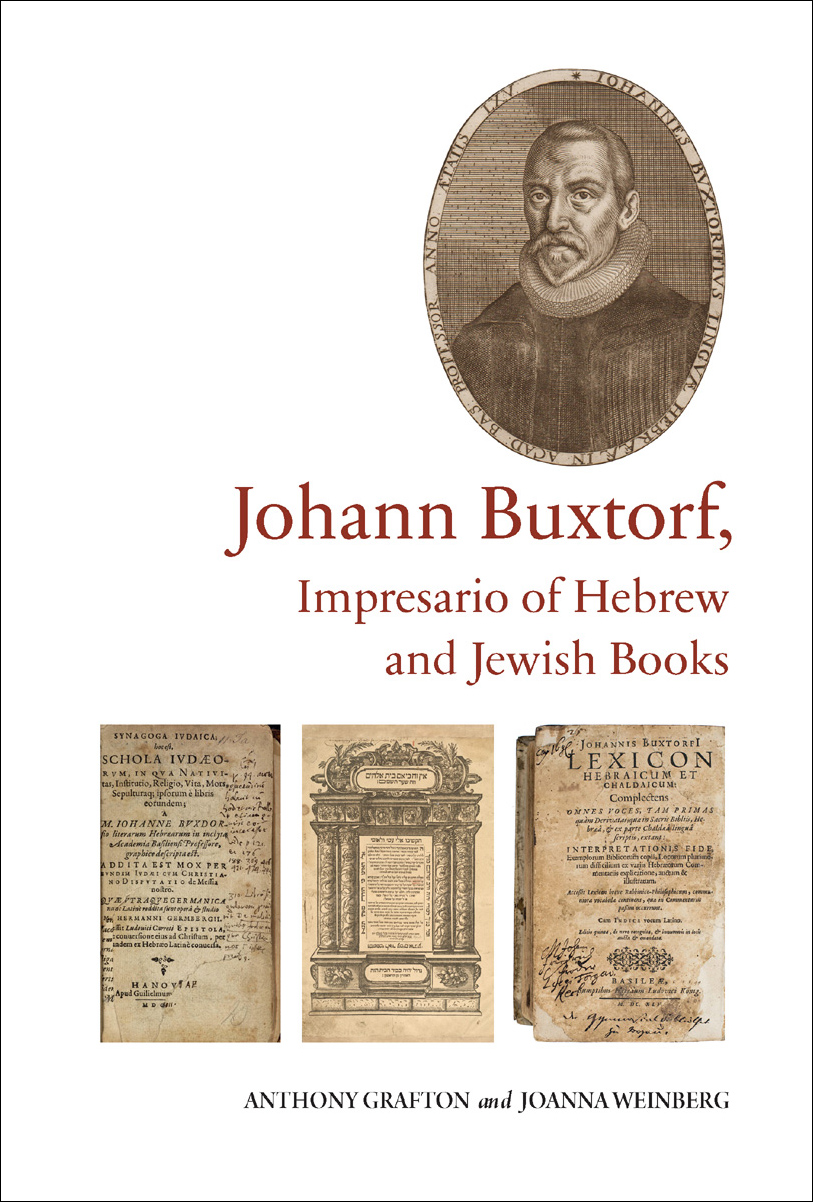
Johann Buxtorf, Impresario of Hebrew and Jewish Books
Studies and Texts 239; Judaism in the Medieval and Early Modern World 5 • xii, 276 pp. • ISBN 978-0-88844-239-0 • Cloth • $125
Customers in the US please order through UTP by email (utpbooks@utpress.utoronto.ca) or phone (1-800-565-9523), or through Amazon • Customers in Canada please order through UTP by email, phone, or web • Customers outside North America please order through Brepols Publishers
Johann Buxtorf (1564–1629) pursued the study of Hebrew and Aramaic and the writings and rituals of Jewish tradition through a long and productive life as a professor at the University of Basel and an impresario of Jewish texts. The focus of this work is on Buxtorf’s scholarly practices – for example, the ways in which he read and made excerpts from a wide variety of Jewish texts, recycled them in his polemical Jüden schul (1603), a treatise on the customs and ceremonies of Ashkenazic Jews, and surveyed them in pioneering if incomplete bibliographies.



